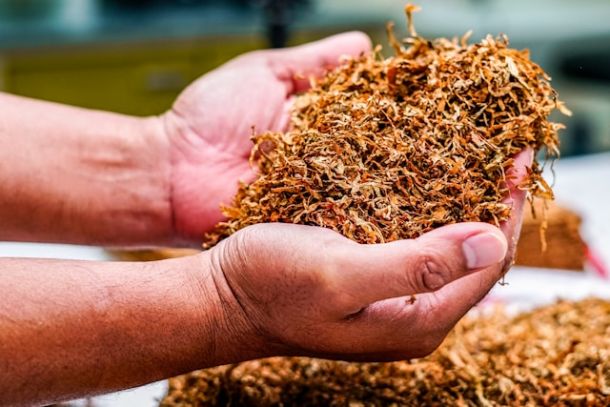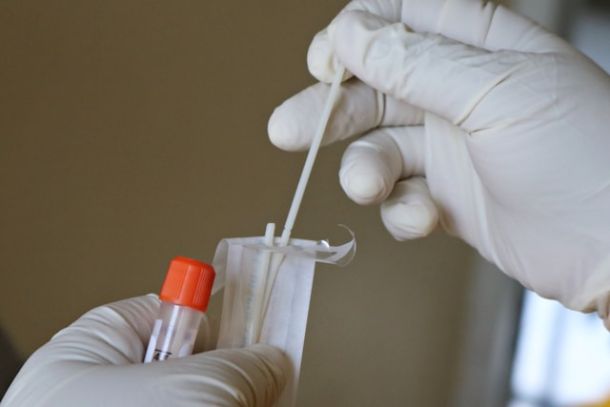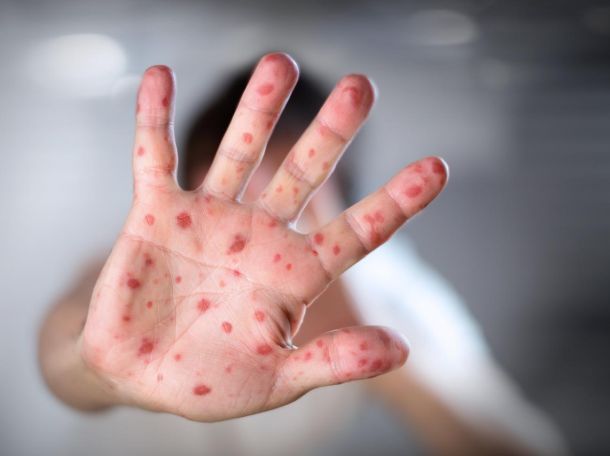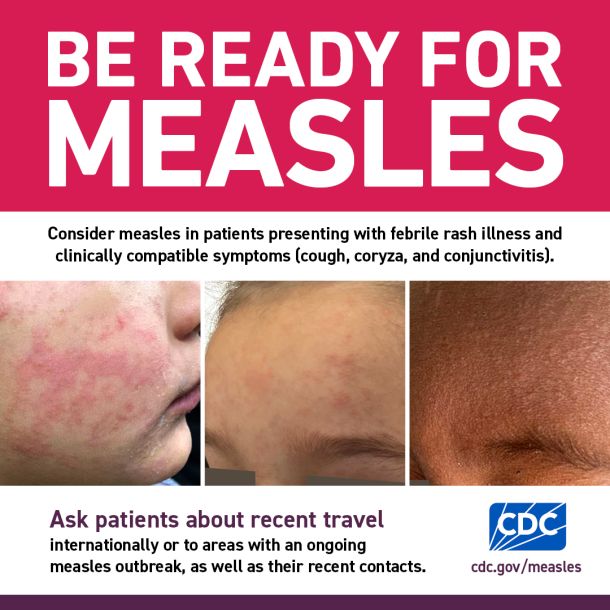
Biohackers and Wellness Influencers are Pushing Nicotine as Part of Their ‘Stacks’
Nicotine is being rebranded by startups and influencers as a cognitive and performance enhancer, raising new public health concerns. Wellness marketing and social media narratives increasingly position nicotine pouches, patches, and drinks as tools for focus, energy, or lifestyle optimization, even among nonsmokers.
Experts caution that evidence for cognitive benefits in healthy individuals i…

Early Prenatal Care Declining in US: CDC Data
A recent CDC analysis indicates a decline in early prenatal care initiation in the United States, with the proportion of mothers beginning care in the first trimester falling from 78.3% in 2021 to 75.5% in 2024. Concurrently, second-trimester starts and late or no care both increased. The findings underscore the established importance of early prenatal care, which is associated with healthier p…

Using Saliva to Detect Disease Holds Promise, But It's Not Perfected Yet
Emerging salivary diagnostics offer promising opportunities for earlier, more accessible disease detection. Already used to identify HIV and COVID-19, saliva-based tests are being developed to detect conditions such as oral cancers, diabetes, and other chronic diseases. Public health leaders note their potential to expand preventive care, reduce barriers for rural and underserved populations, a…

Outbreaks You Never Heard About: Because CDC Was There
The CDC’s new campaign, Outbreaks You Never Heard About: Because CDC Was There, highlights the agency’s critical role in global health security. Many dangerous disease outbreaks never make headlines because CDC teams work behind the scenes to detect, respond to, and contain threats quickly. By partnering with countries worldwide, these efforts prevent outbreaks from crossing borders, overwhelmi…

Measles Cases Spread on College Campuses
Measles cases on U.S. college campuses highlight the persistent risk of highly transmissible diseases in close-living environments. Recent campus clusters have prompted isolation, quarantine, contact tracing, and expanded clinical operations, even where student immunity rates are high. Health experts emphasize that rare breakthrough infections can occur despite strong protection from the two-do…

Nominations Now Open for Fries Awards for Health
The CDC Foundation is now accepting nominations for the prestigious Fries Awards for Health through May 7. The $100,000 Fries Prize for Improving Health honors individuals whose recent contributions have significantly advanced public health, emphasizing the greatest good for the greatest number.
The $50,000 Elizabeth Fries Health Education Award recognizes practitioners or scholars who have m…

Medical Misinformation More Likely to Fool AI if Source Appears Legitimate, Study Shows
A recent study highlights that artificial intelligence (AI) tools are more likely to share incorrect medical information when it appears to come from authoritative sources, such as doctors’ notes, compared with social media content. Researchers tested multiple AI models using clinical scenarios, hospital discharge summaries with inserted errors, and common health myths.
Findings show A…

CDC’s Be Ready for Measles Toolkit Supports Preparedness and Outbreak Communication
Developed by CDC, the Be Ready for Measles Toolkit supports state and local health departments with communication and preparedness resources to help prevent and respond to measles cases and outbreaks. Although widespread measles transmission in the United States remains unlikely due to strong immunization coverage and surveillance, cases still occur through international travel and in under-vac…

KFF Tracking Poll on Health Information and Trust: Trust in the CDC and Views of Federal Childhood Vaccine Schedule Changes
A new KFF Tracking Poll highlights a growing challenge for public health communication: trust in vaccines remains relatively strong, while trust in federal health institutions continues to decline. Fewer than half of U.S. adults now report trusting the CDC for vaccine information following recent changes to the childhood immunization schedule, and among those aware of the changes, most expect a…

